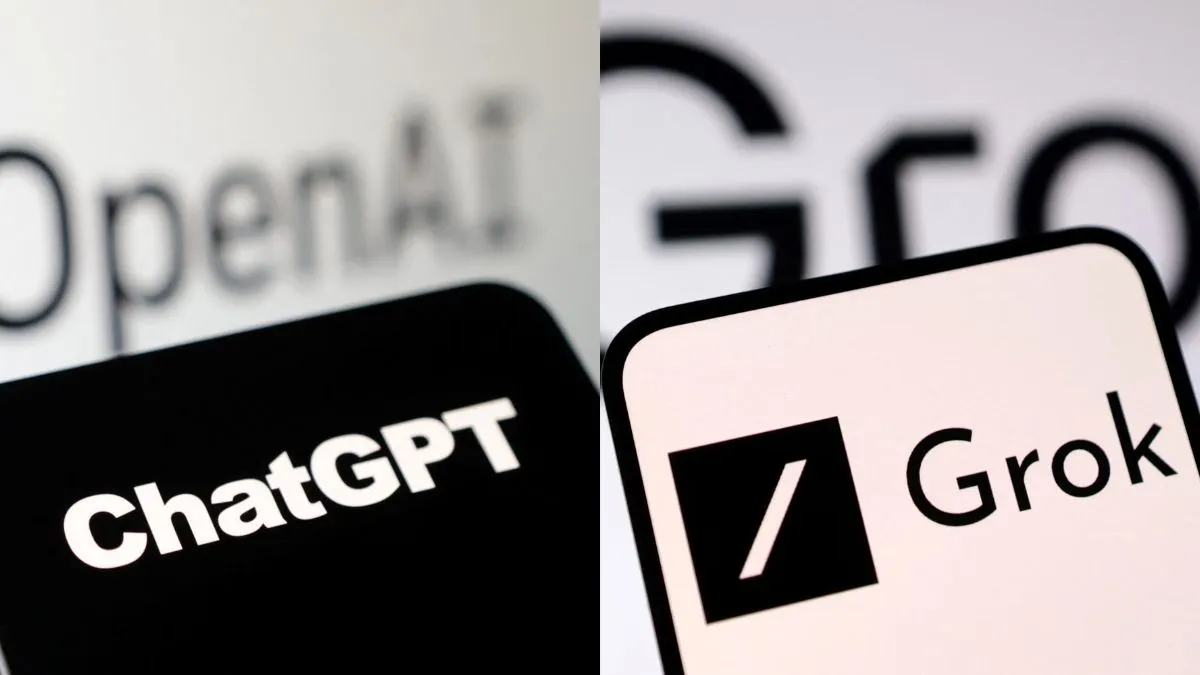- By Alex David
- Wed, 03 Sep 2025 12:39 AM (IST)
- Source:JND
The way we interact with technology is being completely transformed by AI chatbots like ChatGPT, Google Gemini, and other software platforms. These gadgets are now used for everything from writing emails and asking basic questions to offering guidance and company.
They have the power of being able to produce human-like responses, and this can create a sense of dependability, even trustworthiness. But sharing too much with AI is risky business, experts say, potentially leading to privacy violations, identity theft and the use of personal information in nefarious ways. Unlike conversations with people, interactions with AI are never entirely private — what you say can be stored, analyzed and possibly even manipulated or published.
To stay safe, here are 10 things you must never share with AI chatbots:
1. Personal Information
Small pieces of information, such as your full name, home address, phone number, or email address, may not seem dangerous when used alone, but when combined, they can be used to track your identity online. Hackers might use this for impersonation, phishing, or even suit monitoring.
2. Financial Details
Do not enter your bank account numbers, your credit card information, or any kind of government identification (like Social Security Numbers or PAN numbers). This is the kind of data ripe for fraud and AI platforms are no safe banking conduits.
ALSO READ: World’s First All-Frequency 6G Chipset Unveiled: Promises Over 100Gbps Speeds
3. Passwords
You never want to share your logins to, say, your email or bank or part of your social media accounts with a chatbot. Use of password managers is a security best practice that is being increasingly recommended by cybersecurity experts over reliance on AI.
4. Secrets or Confessions
AI is not your therapist. Anything personal — confessions, breakdowns, private stories — could be recorded and exploited later on. Delicate secrets deserve human trust, not machine archives.
5. Health or Medical Information
While chatbots offer general health information they are not practicing licensed physicians. The sharing of medical records, prescriptions or insurance numbers poses an avoidable risk of dissemination. If you have any health concerns, see a licensed healthcare professional in person.
6. Explicit or Inappropriate Content
There are AI platforms that listen in to the conversations going on inside of it, and explicit content (sexual, abusive, illegal) is frequently rendered or labelled. Worse, it could result in the account being banned and any data could be left in system logs.
7. Work-Related Confidential Data
There are now many companies warning employees not to paste internal reports, strategies or trade secrets into AI tools. Some systems derive their models from your inputs, which means sensitive corporate information could leak.
8. Legal Issues
Chatbots are not lawyers. Disclosing information regarding lawsuits, contracts, or similar could reveal your private legal affairs (this applies to personal and business disputes). These are only to be shared with fully credentialed practitioners.
ALSO READ: Samsung’s Tri-Fold Smartphone Tipped To Launch On September 29 In South Korea
9. Sensitive Images or Documents
Do not EVER post your ID, passport, driver's license or private photographs. Even if the information is deleted, traces can linger on the internet, which can put people at risk of theft or fraud. These should be kept locked away in encrypted systems.
10. Anything You Don’t Want Public
The golden rule: If you wouldn’t want it posted online, don’t share it with A.I. Innocuous remarks or personal notes might be recorded, retained, or (excuse the pun) dredged up later.
Final Thoughts
AI chatbots can be extremely potent things, but they are not private diaries. Is anyone listening in?Keeping your data safe is ultimately your responsibility — check the privacy policies of the platforms on which you broadcast and be slow to type anything you might regret.
In today’s digital age, when AI is rapidly developing, using our awareness and being cautious with what we share is our best defense.

